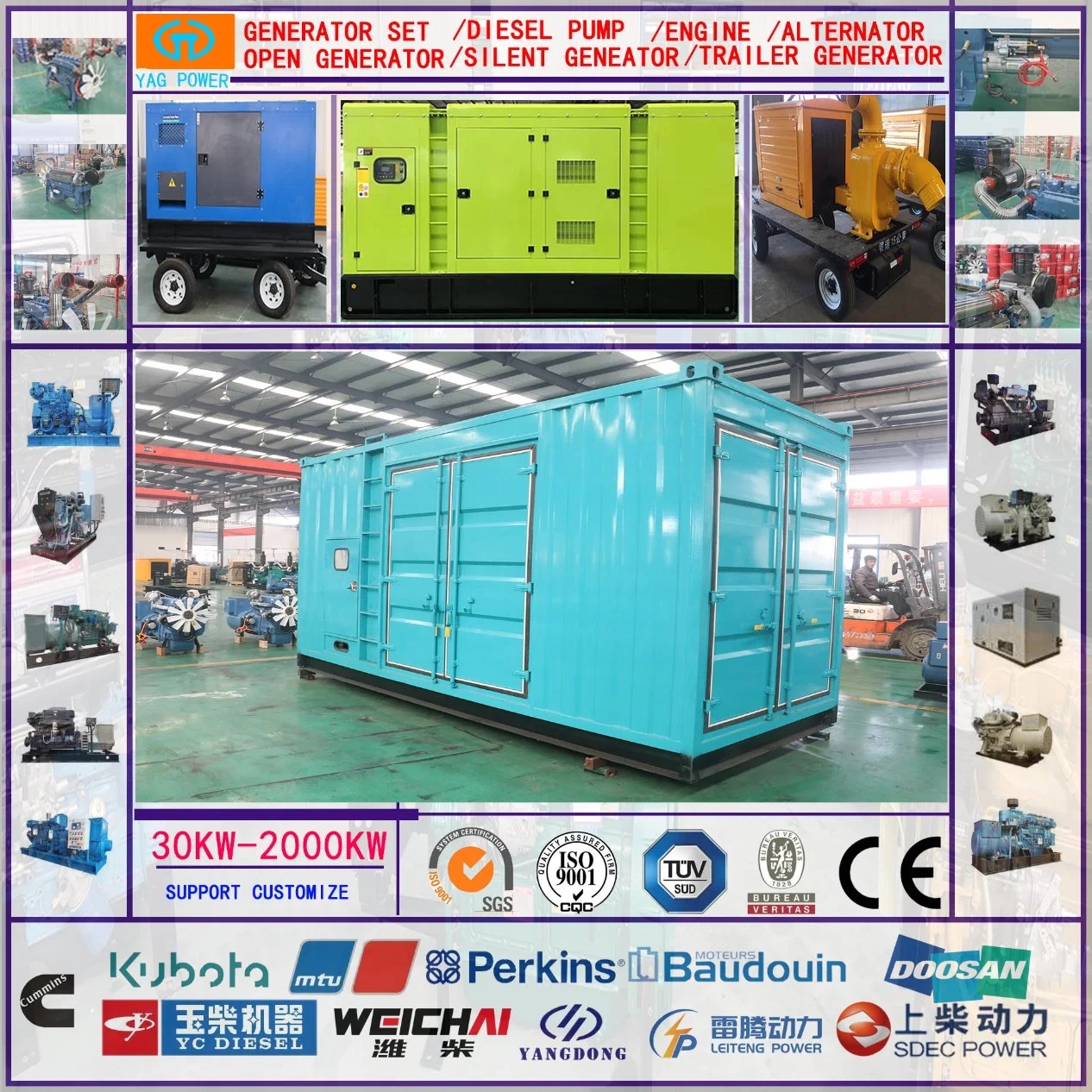Introduction:
In today's technologically-driven world, a stable and uninterrupted power supply is essential for the functioning of various sectors such as residential, commercial, and industrial. 75kw diesel generator for events of the electrical grid is crucial to ensure a continuous and reliable power supply, preventing blackouts and mitigating the impact of power fluctuations. While renewable energy sources have gained significant attention, diesel generators continue to play a vital role in maintaining grid stability. This article explores the importance of diesel generators in ensuring grid stability, their key benefits, and the challenges associated with their usage.
1. The Need for Grid Stability:
Power grid stability refers to the ability of an electrical grid to maintain a constant frequency and voltage level, ensuring a reliable power supply. Grid instability can lead to power outages, equipment damage, and economic losses. Factors such as sudden load changes, intermittent renewable energy sources, and disturbances in transmission lines can disrupt grid stability. Diesel generators prove to be a valuable resource in maintaining grid stability during such situations.
2. Role of Diesel Generators in Grid Stability:
2.1 Backup Power Supply:
Diesel generators serve as backup power sources in case of grid failures or during peak demand periods. They provide an alternative source of electricity, ensuring a continuous power supply and preventing disruptions in critical operations.
2.2 Load Balancing:
In situations where the demand for electricity exceeds the supply, diesel generators can be deployed to balance the load. By adding additional power to the grid, they help maintain the frequency and voltage levels within the desired range.
2.3 Frequency Regulation:
Diesel generators play a crucial role in frequency regulation, ensuring the stability and synchronization of the electrical grid. They respond quickly to changes in the power demand, adjusting their output to maintain a stable frequency.
2.4 Reactive Power Support:

Reactive power is required to maintain voltage levels on the grid. Diesel generators are capable of providing reactive power, compensating for reactive losses and stabilizing the voltage to prevent fluctuations.
3. Benefits of Diesel Generators for Grid Stability:
3.1 Rapid Response Time:
Diesel generators have the advantage of quick start-up times, allowing them to respond rapidly to sudden changes in power demand. This ensures a stable power supply during emergencies, preventing disruptions to critical operations.
3.2 Fuel Availability and Flexibility:
The availability of diesel fuel is widespread, making it a reliable source of energy for diesel generators. Additionally, these generators can operate on different fuel types, including biodiesel, providing flexibility in fuel usage.
3.3 High Power Output:
Diesel generators are known for their high power output, making them suitable for meeting the demands of large-scale industrial operations and critical infrastructure during grid instability.
3.4 Longevity and Durability:
Diesel generators are designed to operate for extended periods, offering high durability and longevity. Regular maintenance and servicing can enhance their lifespan, ensuring their reliable operation during grid stability challenges.
4. Challenges and Limitations:
4.1 Environmental Impact:
One of the major concerns associated with diesel generators is their environmental impact. Diesel fuel combustion results in the emission of pollutants, including nitrogen oxides (NOx) and particulate matter (PM). However, advancements in generator technologies and the use of cleaner fuel options, such as biodiesel, can help mitigate these environmental challenges.
4.2 Cost:
Diesel generators can be expensive to purchase and maintain, especially for smaller-scale applications. The cost of fuel and regular maintenance can also contribute to the overall operational expenses. However, the long-term benefits they offer in terms of grid stability outweigh the initial costs.
4.3 Noise and Vibration:
Diesel generators are known for their noise and vibration levels, which can be a concern in certain environments. However, manufacturers have made significant advancements in noise reduction technologies, making modern diesel generators quieter and more suitable for various applications.
5. Conclusion:
In conclusion, diesel generators continue to play a critical role in ensuring grid stability by providing backup power, load balancing, frequency regulation, and reactive power support. Their rapid response time, fuel availability, high power output, and durability make them an effective solution for maintaining a reliable power supply. While challenges such as environmental impact, cost, and noise exist, advancements in technology are addressing these concerns. As we navigate the transition towards a greener future, diesel generators will continue to serve as an essential component in maintaining grid stability and ensuring uninterrupted power supply.
